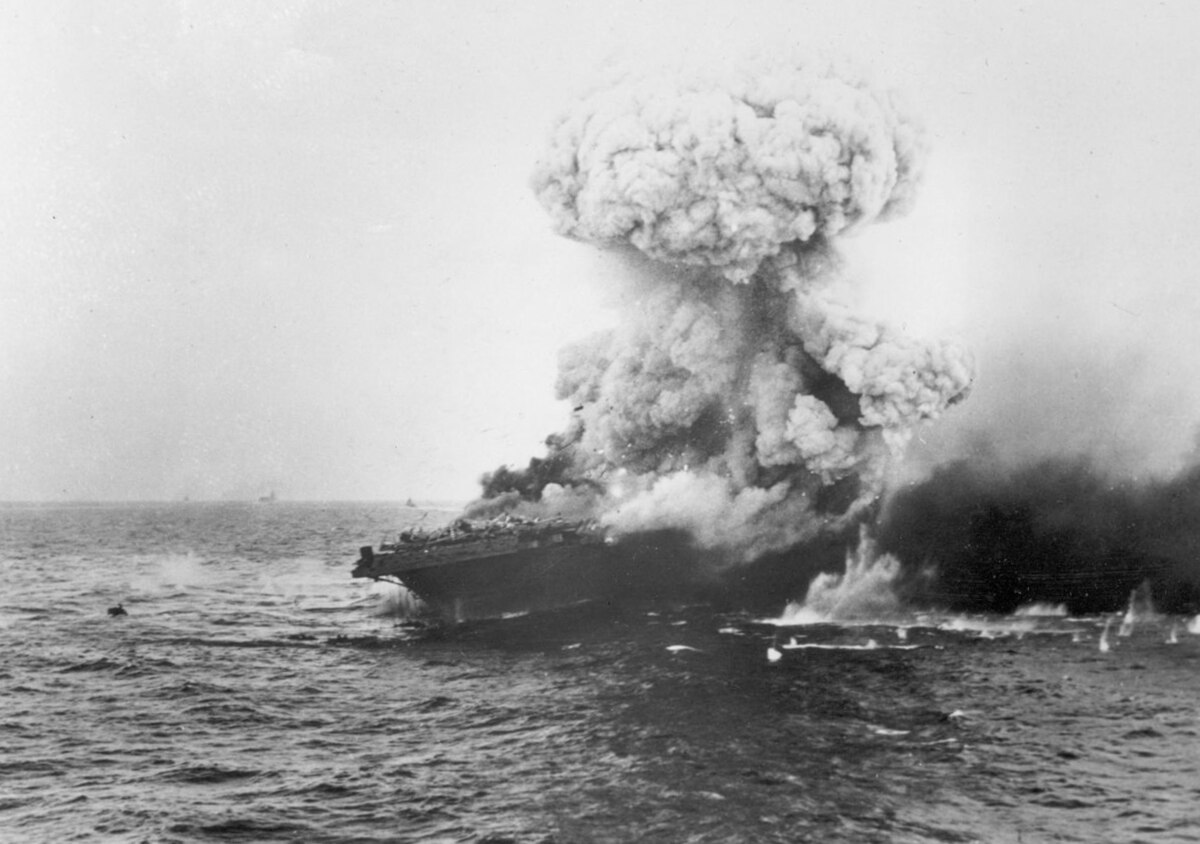whitehall
Diamond Member
Was it worth all the trouble and planning and jeopardizing Halsey's fleet so early in the war? The raid was immortalized in the book "30 Seconds Over Tokyo" and later the movie by the same name. There was never any serious criticism of the raid and Doolittle and the surviving crew were treated like heroes. Halsey was probably a reluctant participant, When a Japanese picket boat was spotted and sunk by gunfire Halsey ordered the bombers to take off before the planned time and they were effectively doomed even if they could reach China. The raid killed about 50 Japanese and did little strategic damage. The official report raved about the effect the raid had on Japanese morale but that may have been an overstatement. It's likely that the raid caused the Japanese to tighten their defenses and pissed them off.


